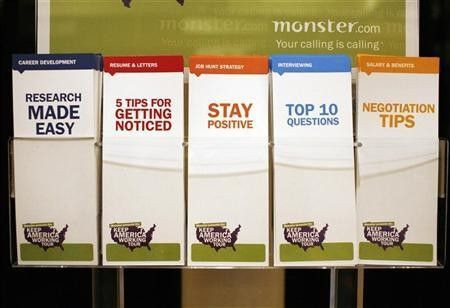Consumer Confidence Dips In March

Concerns about gasoline-fueled price hikes driving inflation and worries about employment prospects cut into consumer confidence this month, but the overall level of confidence remained high, a widely followed survey reported Tuesday.
The Conference Board's consumer confidence survey dipped to 70.2 in March from an upwardly revised 71.6 reading in February. Despite the decline, the March reading was the second-highest in a year, trailing only February's data.
The index component that reflects expectations six months ahead fell to 83 from 88.4.
The drop in consumer expectations came as fewer people surveyed by the private business group -- 17.3 percent of respondents compared to 18.8 percent in February -- said they believe the labor situation will continue to improve over the next six months.
Consumers' average inflation expectations a year from now were reported at 6.3 percent, reflecting recent sticker shock at rising gasoline prices, and weighed down the expectations index.
Not all parts of the survey were negative. The sub-index that measures consumers' assesment of current economic conditions rose to 51 from a 46.4 figure in February, also an upward revision.
The present situation index now stands at its highest level in three and a half years, suggesting that despite this month's dip in confidence, consumers feel the economy is not losing momentum, Lynn Franco, director of the Conference Board Consumer Research Center, said in a statement.
Interestingly, even though the current conditions index rose, the view of the current labor situation became more polarized in March. The Conference Board survey tallied 9.4 percent of respondents as saying they think jobs are plentiful at the moment, up from 7 percent last month. But it also showed the number of people saying jobs are hard to get increased to 41 percent, from 38.6 percent in February.
© Copyright IBTimes 2025. All rights reserved.





















